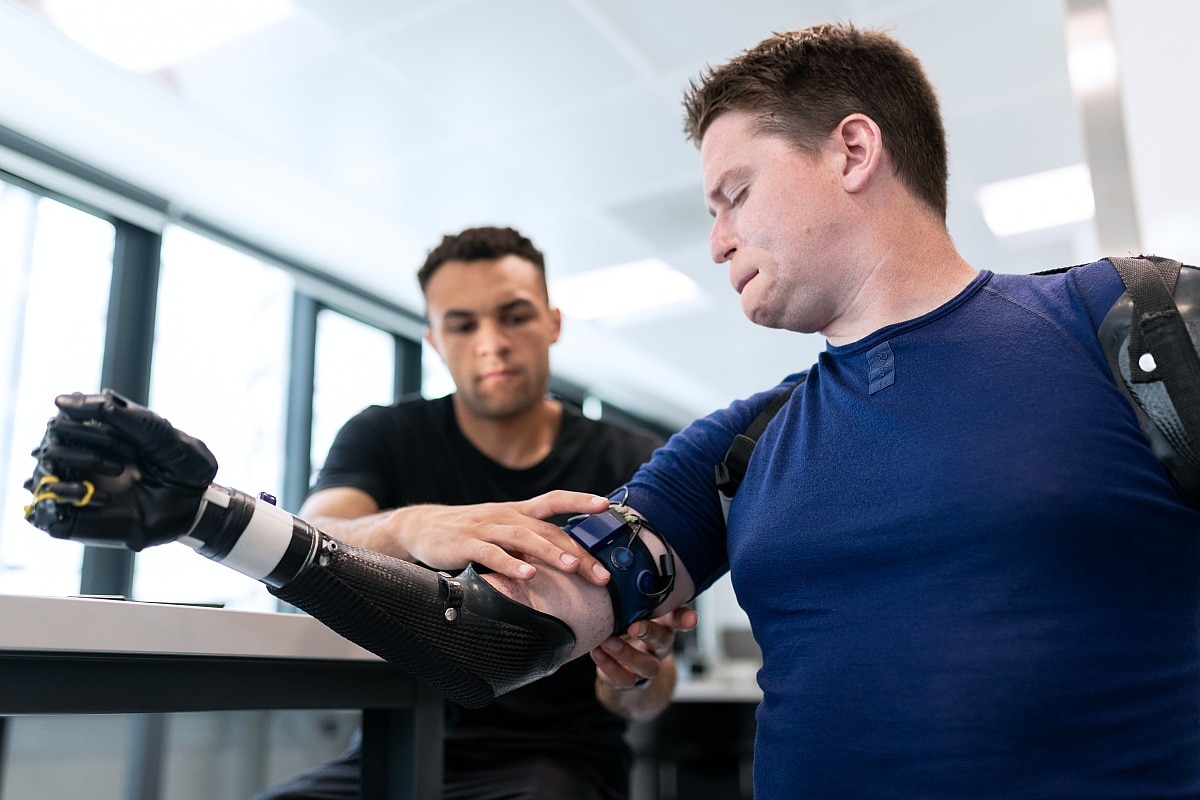As an ardent birder, nothing gives me more joy than the simple act of cleaning my binoculars (‘bins’ in birder slang). A clean pair of ‘bins’ is the most indispensable tool that a birder needs to spot and observe birds doing what they naturally do. Bird-watching or ‘birding’ is watching and observing birds and their behaviours in their natural habitats. In other words, all birders like to watch birds, or ‘go birding’, or simply, ‘bird’. Birding, as an activity, includes watching or admiring birds, photographing or filming them, counting or listing them, or sound-recording their vocalisations, or all of the above!
Birds, on the other hand, like to sing, flock, feed, preen, migrate, or breed, in no particular order, among other every day chores or seasonal tasks. So, it’s safe to say that birders like to bird and birds like to sing – in the most general sense.
Well, what about birders who like listening to birds which sing? The early bird gets the worm and the early birder faces the music: literally. Bird music! The mesmerising experience of witnessing a gradual dawn breaking with the rapidly increasing crescendo of birds singing their dawn chorus, cheering and applauding the rising sun, can match no other.
For the uninitiated (or early risers), this can match no other natural morning alarm clock in the world! So, birds are not only enthralling to an average birder, but are also of functional utility to an average person, among other more compelling scientific reasons of the importance of birds and birdsong.
Birds are excellent ambassadors of our environment, and birdsong is one of the indicators of species diversity. From the addition of new species for the Indian Subcontinent using avian bioacoustics, to exploring the fascinating subject of vocal resemblance or mimicry between the calls of young parasitic cuckoos and that of their hosts or foster parents, to understanding bird taxonomy and bird distribution, bird sound-recording plays a key role in the larger puzzle of understanding birds and bird behaviours. It also contributes directly to the conservation efforts of natural habitats.
![]()
Studying the calls made by birds can help with conversation efforts for wildlife.
Photo Credit: Puja Sharma
Contributing to this endeavour of understanding birds and our biodiversity better, there is a small, albeit an increasing tribe of birders who particularly enjoy tuning into nature’s radio of bird sounds. They don’t have to switch channels to listen to the popular hits of the day, but only need to rely on tuning their ears and a bit of practice!
As they say, no excellence can be acquired without constant practice. And many of the best birds occur when a birder is not in much of a hurry! So with a bit of practice and time, any birder can become adept at identifying birds by their sounds.
The more you bird, the more you see, and the ‘birdier’ it looks! Taking a snapshot with a camera helps capture a memory or a bird in a pretty photograph; to remember what it looks like, where it was found and what it was doing when it was found. So how do birders learn and memorise bird sounds? Well, the more you listen, the more you learn, and the louder it sounds!
Every bird has a vocal repertoire which is unique to the species, and while learning their respective ‘calls’ or ‘songs’ can be done by simply listening to or watching a bird vocalising, capturing their vocalisations by making an audio recording can be a far more effective way to attune yourself to the language of birds.
As an ardent bird sound-recordist, nothing gives me more joy than the simple act of pointing my microphone to a bird and pressing the record-button on my field sound-recorder, candidly interviewing and recording anything that it has to say or any squeak it chooses to utter! So what may be the most indispensible tool that a birder already has to get going with recording bird-sounds? Check your pocket: Your smartphone!
All you need to get started is by setting up recording apps for Android or iOS devices and using some smartphone recording tips to get going! Make sure to practice good field-recording techniques while birding and bird sound-recording; whether you’re using a smartphone or a more advanced system this will go a long way in achieving quality results. And if you find yourself bitten by the sound-recording bug (or the proverbial bird?), consider investing in some dedicated recording equipment, including digital audio-recorders and microphones (a parabolic reflector or a shotgun mic), along with some accessories (windscreens, shockmounts etc.).
Since purchasing any piece of equipment or machinery of utility, from automobiles to home-appliances to camera lens or binoculars requires a bit of research, here’s the latest audio-recording equipment review and specifications by Macaulay Library with a detailed analysis for the best options to consider.
All in all, remember the three bird sound-recording basics: find a bird that’s singing, point your smartphone or microphone at it, and hit record! Don’t forget to upload your recordings on eBird for the whole world to listen to your bird!
Puja is an ardent birder and bird sound-recordist (by ‘ardent’ she actually means ‘crazy’). Being a bird-moth-flower-watcher/mountain-tree-star-gazer, she has absolutely no sense of time. You can listen to her bird sound-recordings on Macaulay Library or eBird. One of her recordings, amongst 30 recordings from around the world since 1929, got featured on Macaulay Library: One Million Recordings playlist on SoundCloud.
This series is an initiative by the Nature Conservation Foundation (NCF), under their programme ‘Nature Communications’ to encourage nature content in all Indian languages. To know more about birds and nature, Join The Flock.
Is JioPhone Next the 4G phone for everyone that Reliance promises? We discuss this on Orbital, the Gadgets 360 podcast. Orbital is available on Spotify, Gaana, JioSaavn, Google Podcasts, Apple Podcasts, Amazon Music and wherever you get your podcasts.





